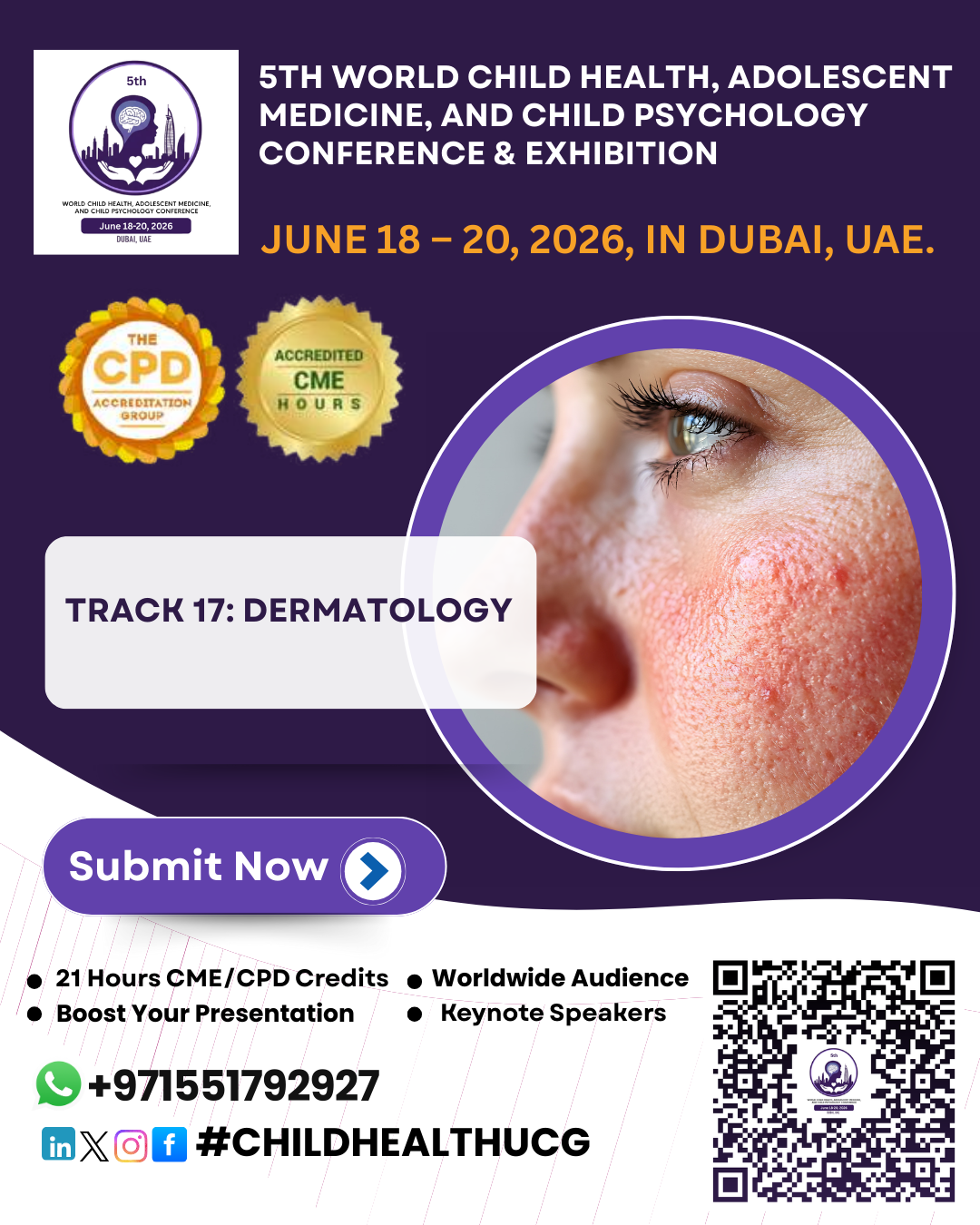



Sub Topics:
Adolescent Health, Pediatric Cardiology, Pediatric...

What is Adolescent Health?
Adolescent health focuses on the physical, mental,...

What is a Dermatologist?
Dermatology is the branch of medicine that focuses on the skin, hair, and nails, and the diseases and conditions that affect them, Your skin is your largest, heaviest organ, and it has many important functions. It protects you from heat, cold, germs and dangerous substances. It’s also a great indicator of your overall health — changes in the color or feel of your skin can be a sign of a medical problem. It’s important to take proper care of your skin and be aware of its overall health.
A dermatologist is a doctor who has expertise in the care of:
Skin
Hair
Nails
They’re experts in diagnosing and treating skin, hair and nail diseases, and they can manage cosmetic disorders, including hair loss and scars.
What Do Dermatologists Do
Dermatologists diagnose and treat skin conditions, perform surgical procedures such as skin biopsies and mole removals, and provide advice on skincare and skin health. They work with patients to develop treatment plans for chronic skin conditions, such as psoriasis or eczema, and provide counseling on preventing and managing skin cancer. Dermatologists also focus on aesthetic concerns, offering treatments for wrinkles, scars, and pigmentation irregularities, and advising on sun protection to prevent skin damage. They may also provide guidance on maintaining healthy skin and preventing common skin issues like acne or dry skin.
What Conditions Do Dermatologists Treat
Dermatologists treat a wide variety of skin, hair, and nail conditions, including
Skin Cancer (Melanoma, Basal Cell Carcinoma, Squamous Cell Carcinoma)
Acne and Acne Scarring
Psoriasis, Eczema, and Dermatitis
Hair Loss (Alopecia)
Vitiligo (Loss of Skin Pigmentation)
Rosacea
Nail Disorders (Infections, Fungal, Ingrown Nails)
Skin Infections (Bacterial, Viral, Fungal)
Warts, Moles, and Skin Tags
Cosmetic Concerns (Wrinkles, Hyperpigmentation, Anti-aging)
Chronic Skin Conditions (Lupus, Dermatomyositis)
Sunburn and Skin Damage
Allergies and Skin Reactions
Dermatologists are equipped to manage both common and rare skin conditions, and they provide expertise in both medical and cosmetic dermatology.
Why Is Attendance at Conferences Important for Dermatology Professionals
Attending dermatology conferences is essential for keeping up with the latest research, treatment options, and technologies in the field. These conferences allow dermatologists to learn about new advancements in the diagnosis and treatment of skin diseases, including emerging therapies for skin cancer, new dermatological drugs, and innovative surgical techniques. Conferences also provide a platform for networking with other professionals, sharing knowledge, and discussing challenges faced in daily clinical practice. By attending, dermatologists can stay current with cutting-edge trends, improve patient care, and offer the best possible outcomes for their patients.